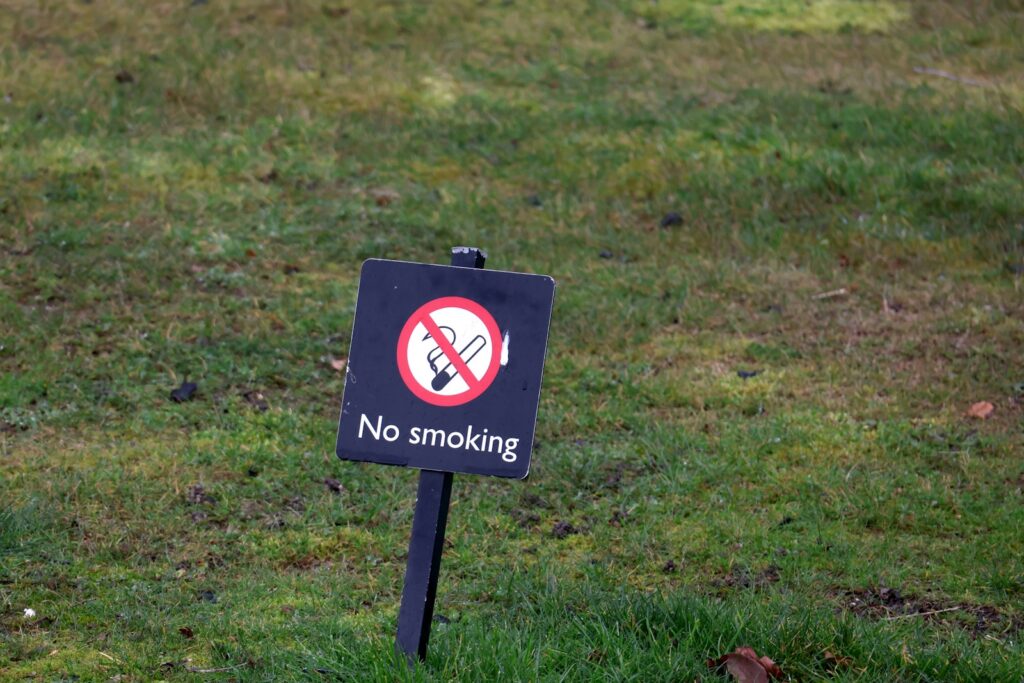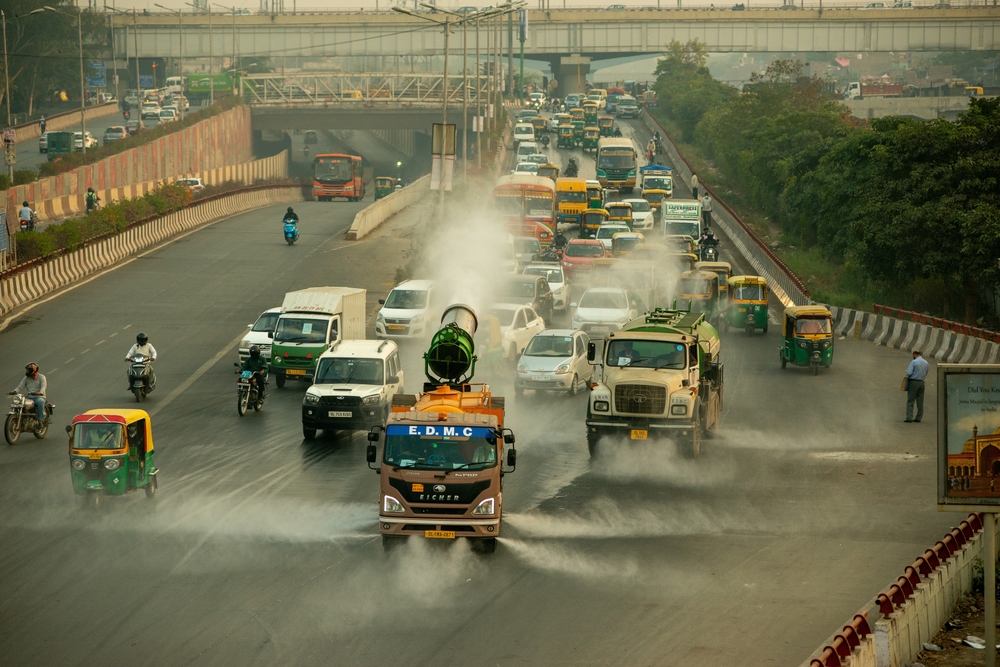Researchers identify tangible benefits for children from using indoor filters.
A team at Simon Fraser University, Canada, in collaboration with scientists in the U.S. and Mongolia, have found that using portable air cleaners in the home does have a positive impact on brain development.
Previous studies have shown that air pollution exposure can effect cognitive development, with vulnerability higher the younger they are. A more recent project has also identified a link between air pollution and heightened connectivity between different neural networks.
This latest investigation actually preceded those, and began in 2014 with the recruitment of 540 pregnant women in Mongolia’s capital, Ulaanbaatar – a city with one of the highest levels of air pollution in the world, far exceeded World Health Organisation guidelines, largely as a result of domestic cooking and heating.
All participants were less than 18 weeks into their pregnancies and non-smokers, and none had used air filters in their home before. Two groups were created – control and intervention – with members of the latter given two HEPA filter air cleaners and encouraged to run these continually at home, for the entire term of their pregnancy.
The devices were then removed after birth, and the children’s full-scale intelligence quotient (FSIQ) was measured at four years of age. It was found those born to mothers who had used air filters scored an average of 2.8 points higher than those raised in households without air cleaning devices. Intervention group infants also had significantly better verbal comprehension index scores, and this particular factor backs up previous studies that have suggested a strong connection between air pollution and speech development.
‘These results, combined with evidence from previous studies, strongly implicate air pollution as a threat to brain development,’ said Ryan Allen, professor of environmental health in Simon Fraser University’s Faculty of Health Sciences. ‘But the good news is that reducing exposure had clear benefits… Air pollution is everywhere, and it is preventing children from reaching their full potential. Air cleaners may provide some protection, but ultimately the only way to protect all children is to reduce emissions.’
Image credit: Hal Gatewood

















Leave a Reply